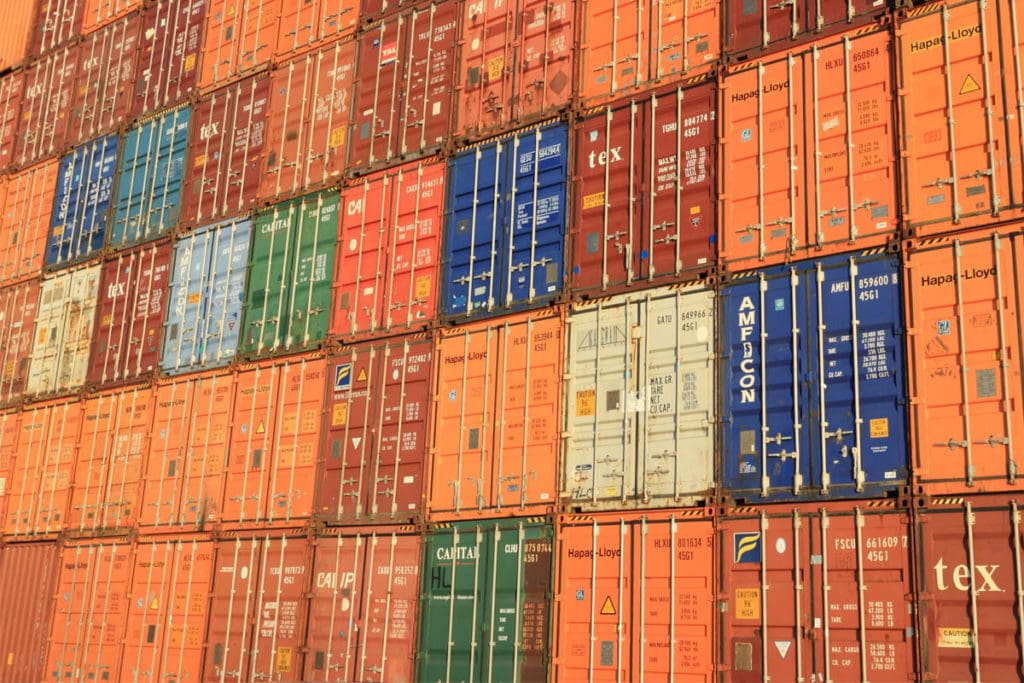Container Rates Forecast to Drop Below Pre-Covid Levels

Hamburg, Germany
Shipping container rates are poised to drop below pre-Covid levels according to a report published this month by Container xChange, an online platform for container logistic companies to book and manage containers.
The German company attributed the price drop to a fall in China’s exports in September and global economic downturn, saying market volatility was causing the “classic boom and bust cycle in the container shipping industry”.
“What we now see is not unforeseen. The slowing down of demand and the glut of oversupply of containers are all a consequence of the disruptions caused by the outbreak of the pandemic,” Container xChange cofounder and CEO Christian Roeloffs said.
“There is a relatively low orders-to-inventory ratio. The retailers and the bigger buyers or shippers are more cautious about the outlook on demand and are ordering less.
“On the other hand, the congestion is easing, with vessel waiting times reducing, ports operating at less capacity, and the container turnaround times decreasing, which ultimately frees up the capacity in the market.”
On Container xChange trading platforms, prices for cargo-worthy 40 DC (dry cargo) boxes in the ports of China have declined steadily in 2022 – to almost half their levels at the start of the year.
While the ports of India and Vietnam have experienced similar declines, trading prices have stabilised during the past two months showing an increase in demand for 40 DC boxes at ports at Mundra, Nhava Sheva and Ho Chi Minh City.
Exploding Domestic Freight Costs
TEBCO managing director Tony Morgan confirmed the Melbourne-based e-bike specialist’s costs had slipped from more than $13,000 per container at the peak of shipping charges to less than $5,000 with their most recent order.
However, those savings were being eroded by “exploding” domestic freight costs during the past year.
“Unless we see a dramatic decrease in fuel costs, there will be no respite to these freight rates and indeed they continue to increase,” he said in an email to retailers.
“Combine this with horrendous delays in delivery on some occasions and one could easily arrive at a conclusion that the current transport system is basically out of control.
“We have been warned to expect things to get worse during the Christmas rush. I am not fear mongering here, just trying to prepare all recipients that choppy waters are ahead.”
Tony says the rising costs included a “swathe of extra charges” by the transport services TEBCO regularly uses to deliver its Chinese-built e-bikes to retailers.
Those charges include a new ‘hand unload fee’ by one company and a weight-based manual handling fee that is imposed by another and is the subject of regular disputes about which items should incur the charge.
He said with a ‘hand unload fee’ of $65-$100 for all shipment items that exceed 25kg total dead weight, “you don’t need to be a rocket scientist to calculate what these charges do to a one or two-carton order”.
